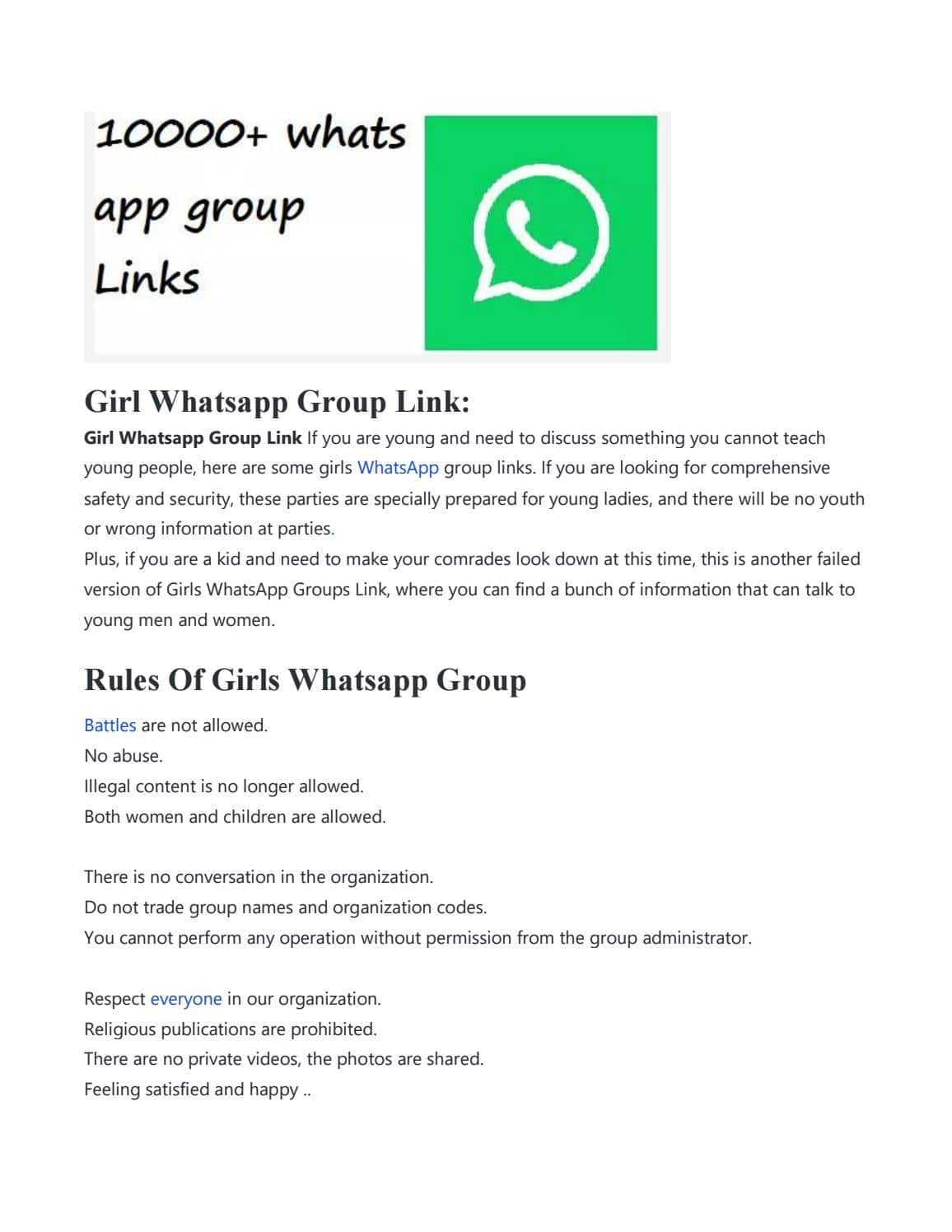In an era where digital communication plays a pivotal role in our daily lives, WhatsApp has emerged as a favored platform for many. However, beneath its user-friendly interface lies a troubling reality: the proliferation of illegal content. From disturbing images to malicious activities, WhatsApp is increasingly becoming a vehicle for unacceptable practices. While the application touts its end-to-end encryption as a safeguard for user privacy, it also presents significant challenges, especially concerning the safety and legality of the content shared within its channels. This dual nature raises critical questions about the responsibility of channel admins and the measures in place to combat this growing issue.

WhatsApp, known for its end-to-end encrypted messaging feature, has increasingly come under scrutiny for serving as a platform for illegal content. Despite being designed primarily for private communications, the rise of WhatsApp Channels has exposed a darker side of the app where dangerous and illicit information can circulate freely. This article explores how such content proliferates on the platform, the responsibilities of channel admins, and the implications for users, especially younger demographics.
Table of contents
ToggleThe Role of WhatsApp in Facilitating Illegal Content
WhatsApp has become a vehicle for illegal content. A troubling aspect of its functionality is the ability for users to create and manage Channels. These Channels can potentially harbor discussions and sharing of content that violates the law, ranging from child sexual abuse imagery to various forms of hate speech. Although WhatsApp has established community guidelines that prohibit these acts, enforcement remains inconsistent, leading to growing concerns among users and advocacy groups.
Community Guidelines and Their Limitations
WhatsApp’s community guidelines are clear: illegal content, violent material, and fraudulent representations are not tolerated. However, the challenge lies in monitoring the vast number of Channels created daily. A spokesperson from WhatsApp acknowledged this issue, stating that the platform’s current measures may not effectively prevent such content from spreading. Users must remain vigilant and actively report suspicious or illegal content, yet this places the responsibility disproportionately on them.
Accountability of Channel Admins
Channel admins play a pivotal role in maintaining the integrity of their spaces. According to the Supplemental Terms of Service, these individuals are held accountable for the content they host. This responsibility means ensuring that all content shared is legal and appropriate. Failing to do so can lead to severe consequences, including the potential for legal action. As such, admins must navigate their roles with caution and a strong awareness of the implications of sharing information within these Channels.
Reporting Mechanisms for Users
If users encounter Channels that appear to be sharing illegal or harmful content, WhatsApp provides a mechanism for reporting these issues. Users can report both the Channel itself and specific updates that they find problematic. This feature is essential for keeping the platform safe; however, it also highlights the necessity for proactive user engagement in identifying and removing inappropriate material.
The Vulnerability of Younger Users
Particularly concerning is how WhatsApp Channels can affect younger users. Reports indicate that minors could be held liable for illegal content shared within group chats or Channels. This raises significant ethical questions about how social media platforms need to protect their younger audiences. It is vital for parents and guardians to educate younger users about the risks associated with sharing content and interacting in these digital spaces.
Future of WhatsApp Channels
As WhatsApp continues to evolve, questions remain about the future of its Channels and how they will be regulated. Users are left to ponder whether the platform can effectively address the challenges posed by illegal content or if its current structure is too lenient. With the app’s growing popularity, especially among younger populations, the demand for stricter regulations and more effective content moderation will only increase.
In conclusion, while WhatsApp offers a useful platform for communication, it simultaneously presents risks associated with illegal content. The interplay between community guidelines, the accountability of channel admins, and the active participation of users will shape the landscape of WhatsApp moving forward. Ultimately, it is crucial for all users to remain aware and proactive in contributing to a safer digital environment.

The MPA would like a new law requiring site blocking for websites that host illegal content. While this type of approach may work, drafting such legislation is not a no-brainer; there are serious trade-offs in play when formulating an anti-piracy regime.https://t.co/vI0RSkRrmQ
— American Action Forum (@AAF) July 18, 2024














